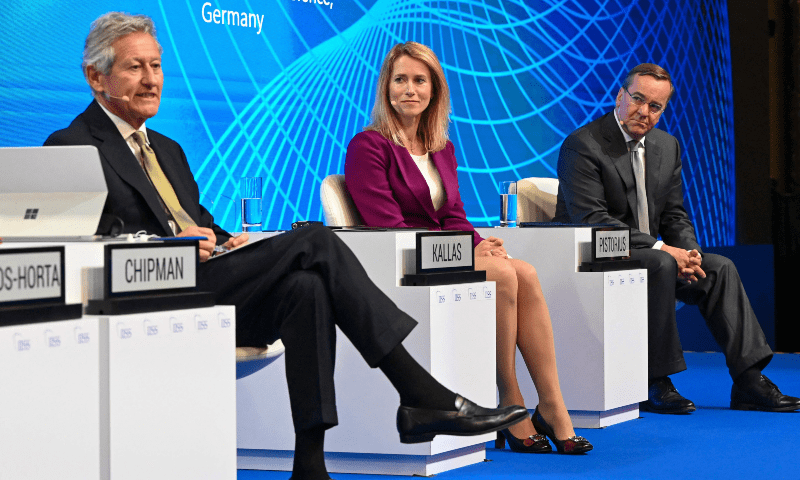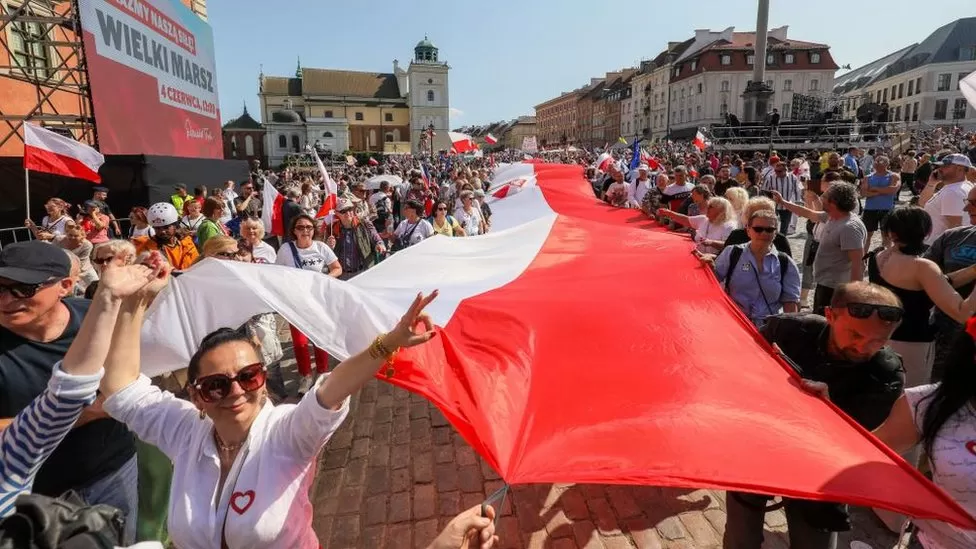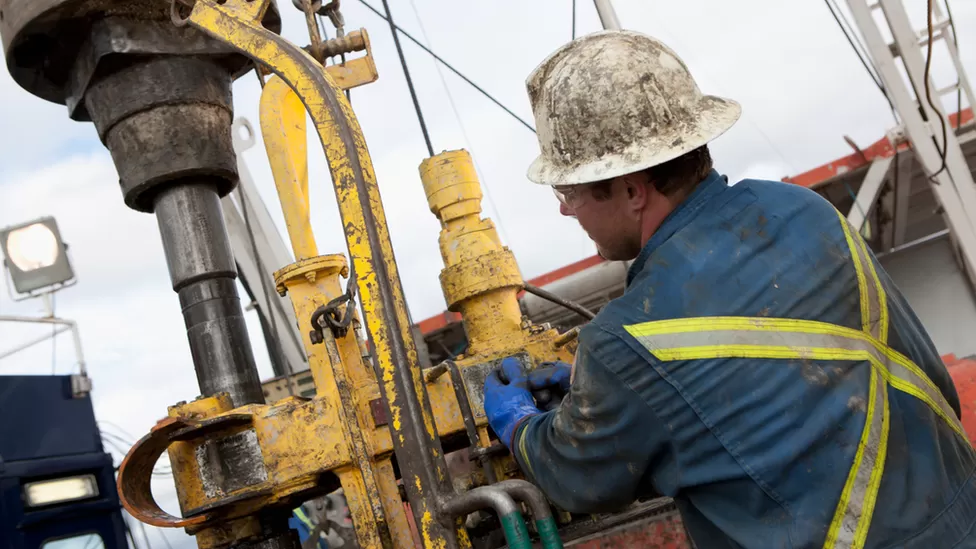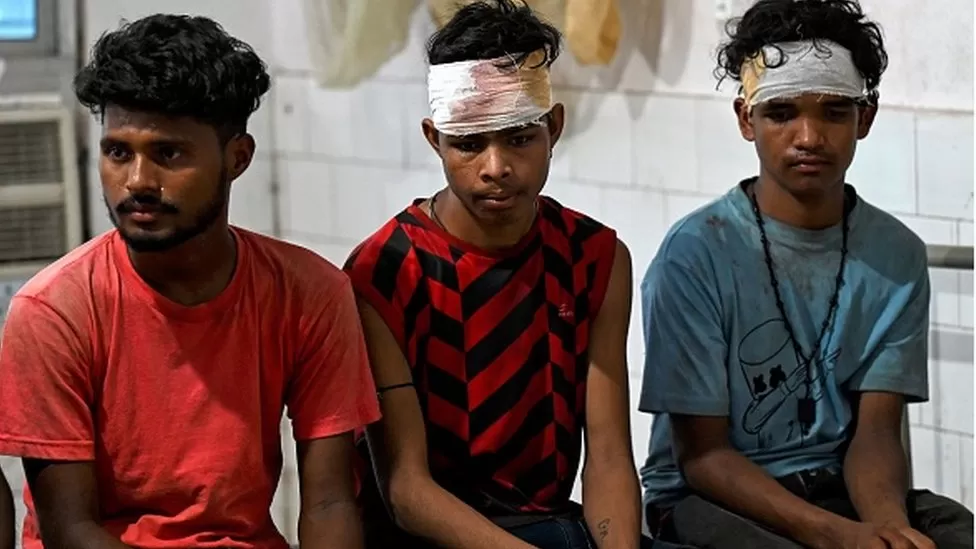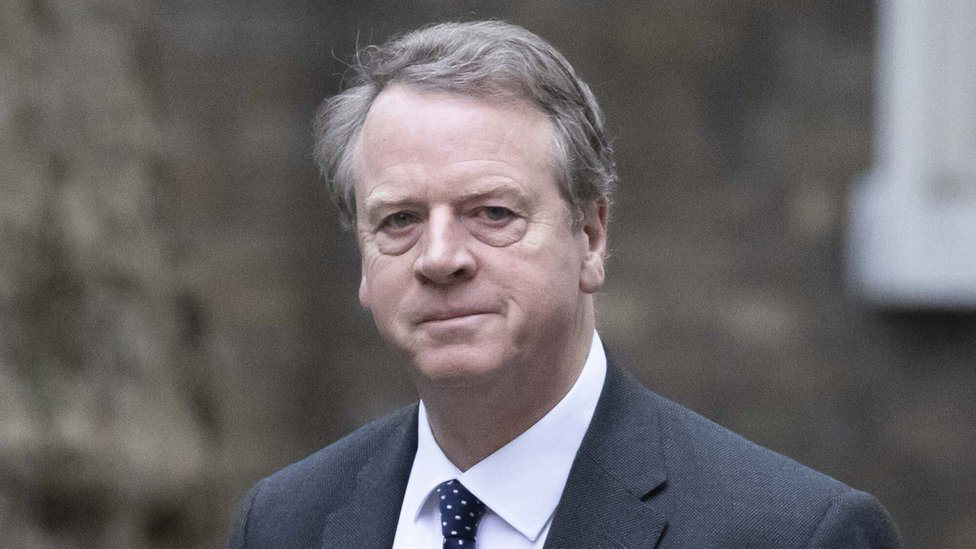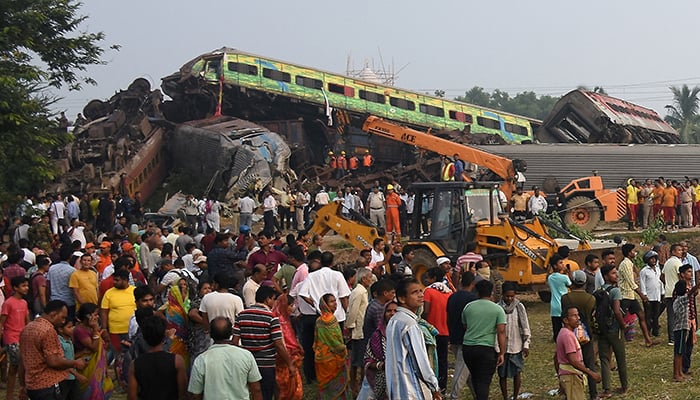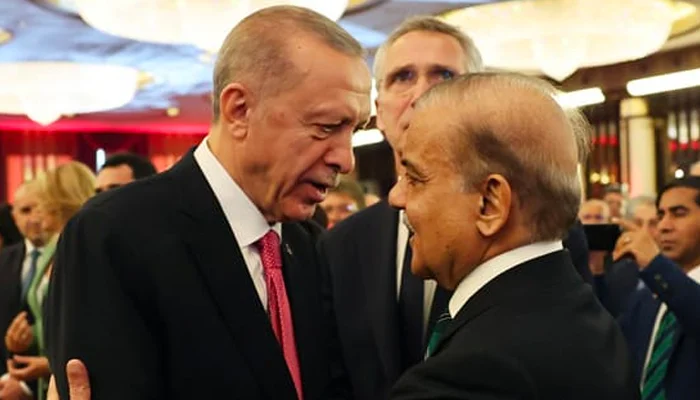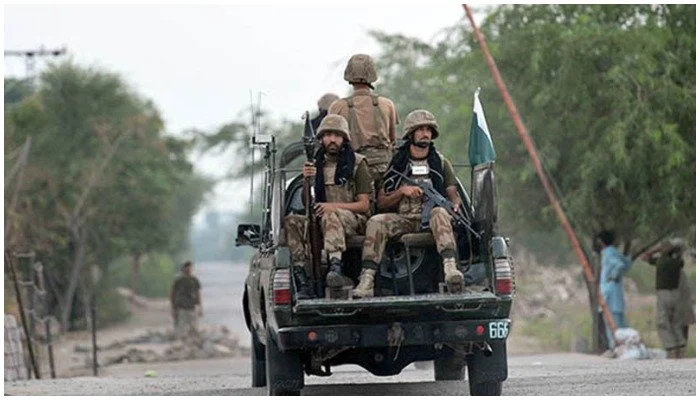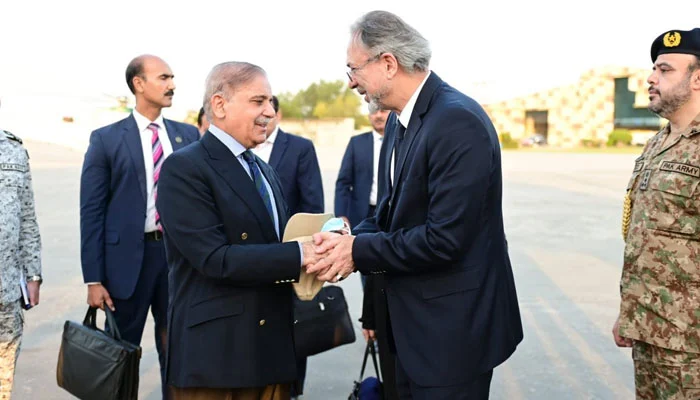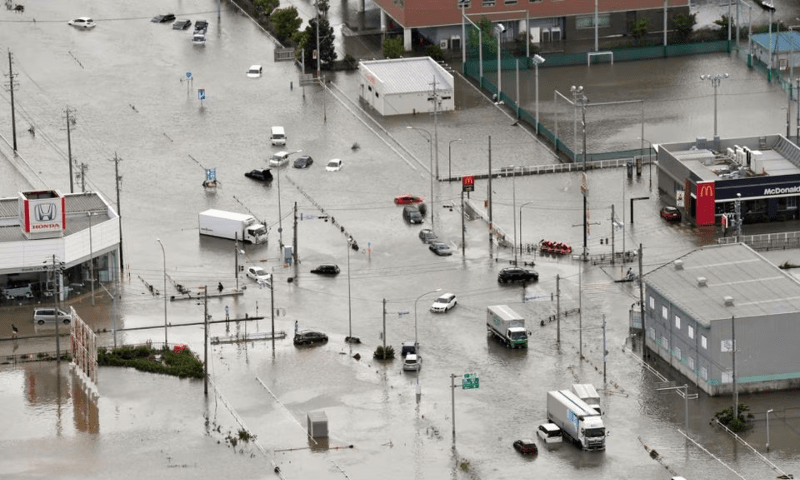Such meetings are organised by the Singapore government and have been discreetly held at a separate venue alongside the security summit for several years, they said. The meetings have not been previously reported.
The US was represented by Director of National Intelligence Avril Haines, the head of her country’s intelligence community, while China was among the other countries present, despite the tensions between the two superpowers.
Samant Goel, the head of India’s overseas intelligence gathering agency, the Research and Analysis Wing, also attended, an Indian source said.
“The meeting is an important fixture on the international shadow agenda,” said one person with knowledge of the discussions. “Given the range of countries involved, it is not a festival of tradecraft, but rather a way of promoting a deeper understanding of intentions and bottom lines.
“There is an unspoken code among intelligence services that they can talk when more formal and open diplomacy is harder — it is a very important factor during times of tension, and the Singapore event helps promote that.” All five sources who discussed the meetings declined to be identified because of the sensitivity of the matter.
A spokesperson for the Singapore Ministry of Defence said that while attending the Shangri-La Dialogue, “participants including senior officials from intelligence agencies also take the opportunity to meet their counterparts.”
“The Singapore Ministry of Defence may facilitate some of these bilateral or multilateral meetings,” the spokesperson said. “Participants have found such meetings held on the sidelines of the (dialogue) beneficial.”
The US Embassy in Singapore said it had no information on the meeting. The Chinese and Indian governments did not immediately respond to requests for comment.
The United States, Britain, Canada, Australia and New Zealand operate what is called the Five Eyes network to gather and share a broad range of intelligence, and their intelligence officials meet frequently.
Larger meetings of the intelligence community are rarer, and almost never publicised.
Although few details were available on the specific discussions in Singapore, Russia’s war in Ukraine and transnational crime figured in the talks on Friday, the person with knowledge of the discussions added. On Thursday evening, the intelligence chiefs held an informal gathering. No Russian representative was present, one of the sources said.
Ukraine’s deputy defence minister, Volodymr V. Havrylov, was at the Shangri-La Dialogue but said he did not attend the intelligence meeting. Another of the sources said the tone at the meeting was collaborative and cooperative, and not confrontational. Haines was among the official US delegates to the Shangri-La Dialogue.
At a discussion on cybersecurity in the main meeting, she said in response to a question from a Chinese military officer that cooperation between countries was essential.


